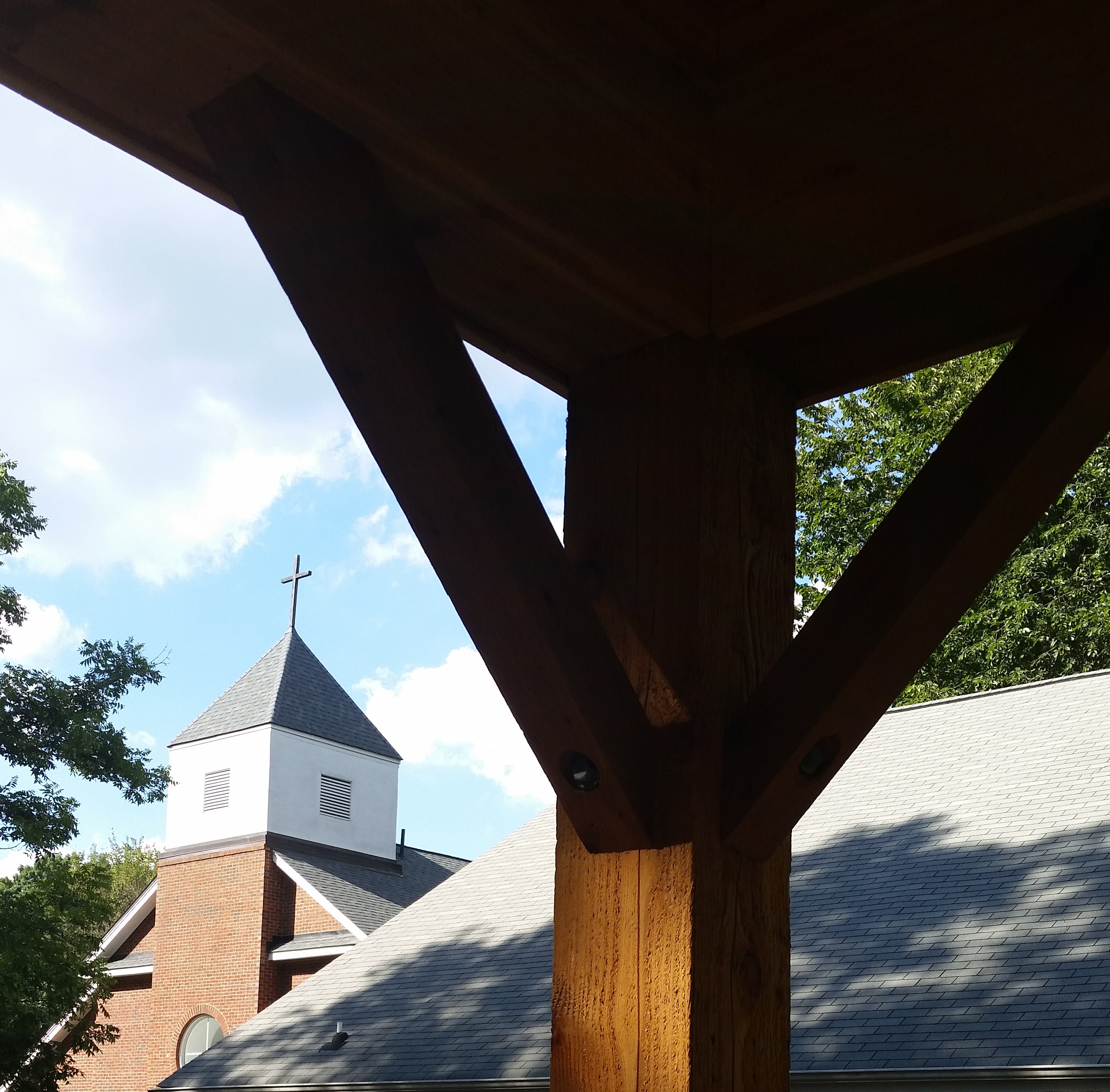Examples of Enoughness

Examples of Enoughness
A Homily for Sardis Baptist Church
Bob Stillerman
11-4-2019
Luke 6:20-31
All Saints Sunday
The author of Luke doesn’t offer every human condition in this rendition of the beatitudes, but Luke’s version does offer four universal conditions.
I realize there’s an economic slant to the author’s version, but everyone’s been poor. Even the wealthy have been poor in something. If not cashflow, it could be resources like time, or energy, or labor, or something less tangible: love, friendship, joy, happiness.
And name me someone who hasn’t longed for nourishment of the body or soul, at least temporarily. And name me someone who hasn’t lost something or somebody that still pains them, at least temporarily. And name me someone, who hasn’t been excluded from community, or at least been made to feel excluded from community, in some small way.
And yet Jesus says, this sense of alienation, or loss, or hunger, or deprivation is only temporary. God’s community, and fulfilment, and laughter, and divine communion await. Not conditionally. Not maybe. But soon. In God’s realm.
Lasting, certain, grace-filled community, wholeness, laughter, and divine communion await. Because that’s who God is. And that’s the long-term world God makes for God’s children.
The condition you’re in now is gonna give way to something totally unconditional: A world where people love God and neighbor as they love themselves.
I find this passage extremely fitting for All Saints Sunday. Because, let me tell you, here in the present, sometimes I do feel anxious, and sometimes I do feel poor, and sometimes I do feel like I don’t belong, and sometimes I do feel loss, and I grieve for friends who are no longer here, or for opportunities squandered, or for shortcomings I wish I could amend.
Luke’s gospel isn’t a fairy tale. It doesn’t claim that God will erase the circumstances of the present. Rather, it says that our present will one day morph into God’s future. Not because of our self-appointed righteousness, not because of what we’ve earned, not because of some invisible economic hand swaying us toward correction. God’s future will burst forth into the present because that’s just who God is.
The women and men we honor today, experienced the same conditions of which we speak. And while, like us, they lived in a transactional economy, they chose to put their faith in a divine economy. That is to say, they offered charity, regardless of how it affected their ledger; they invited us to their tables, filling us with food, and conversation, and friendship; they recognized our grief, and offered us a ministry of presence in a broken present; they determined that a community is made more vibrant, not by the wealth or social status that one brings, but instead by one’s existence as a created child of God. They weren’t managing debits and credits to be sorted on some final balance sheet; they were creating a new community valued in inexhaustible love; filled with inexhaustible manna; undergirded with inexhaustible hope.
Our present is morphing into God’s future, because the saints have been active stewards of God’s future in the present. That is, because they loved God and loved us, God’s world is ever closer.
I want to close with a final thought about the second part of our text. There are some woes directed at the rich, and the well-fed, and the gigglers, and the included. If we’re not careful, we can read this as condemnation, and even a comeuppance. In other words, those who had, will no longer have, and those who don’t have are gonna get theirs, and the world’s gonna look a whole lot different.
I don’t think that’s what Jesus is saying, then, or now. Jesus didn’t believe in a zero-sum-gain world, and the God we follow isn’t working off of some cosmic abacus.
I think what the text is trying to tell us is that folks are going to have enough. And if you’ve already got plenty, you may not end having enough-er than your neighbor.
I ask you, was the brother of the prodigal son punished, because his brother was welcomed back? After all, his father reminded him, “All that is mine is yours!”
And I ask you, was the Good Samaritan worse off for helping a stranger? Sure, I suppose he could have billed the expenses, and added a nice service fee, too. But wasn’t there some value to the welfare of his neighbor?
When God made manna for the Israelites, were the children who ate less than the adults somehow slighted, because their enough was smaller?
Are the whole any less whole when the wounded are made whole, too? Is our table any more diluted, when another neighbor receives the hospitality of the Christ? Can only one member of our congregation have useful talents, skills, and gifts, or do additional gifts add to the depth and breadth of God’s spirit.
God invites us into a kind of community that is not about the haves and the have-nots, but rather is about everyone having enough.
When we love God, and we love neighbor as we love ourselves, we not only follow the example of our beloved saints, but we help bring about that day when God’s enough-ness trumps Caesar’s scarcity.
May it be so. And may it be soon!
Amen.
Recent Sermons
Easter Sunday 2025
April 20, 2025
Palm Sunday 2025
April 13, 2025
Our Choices
April 06, 2025


